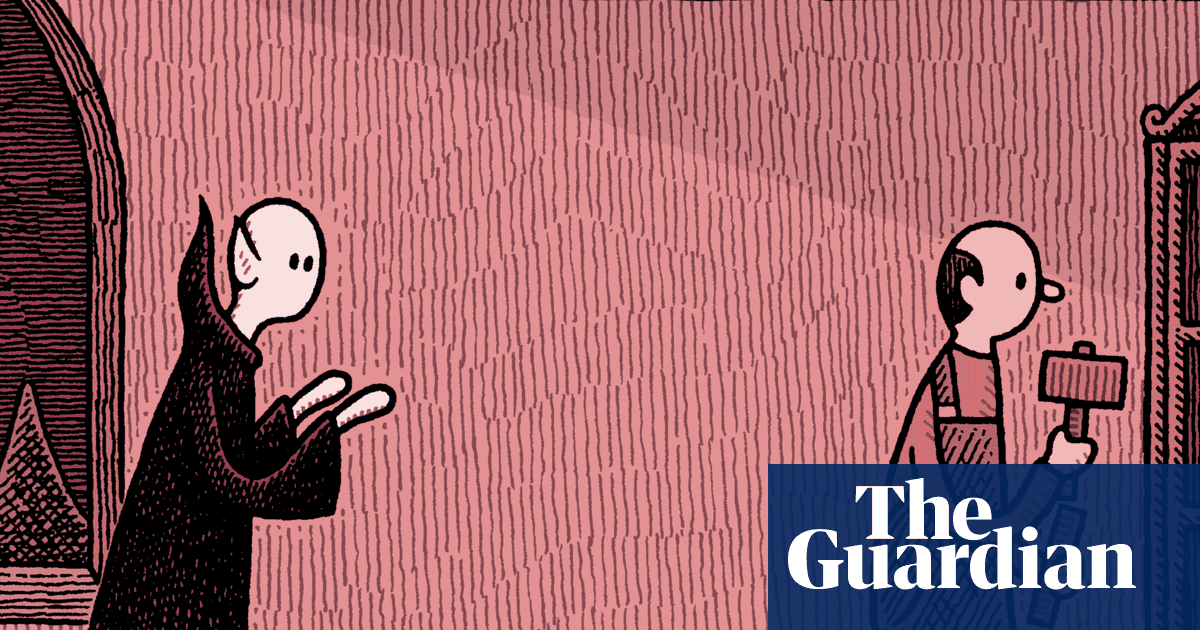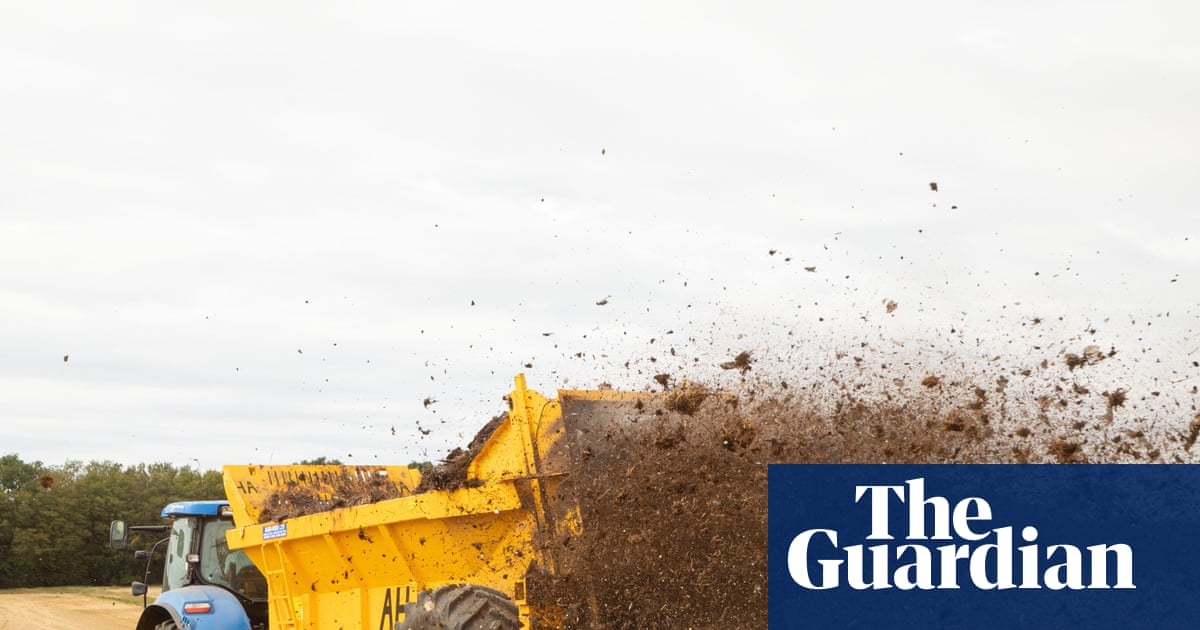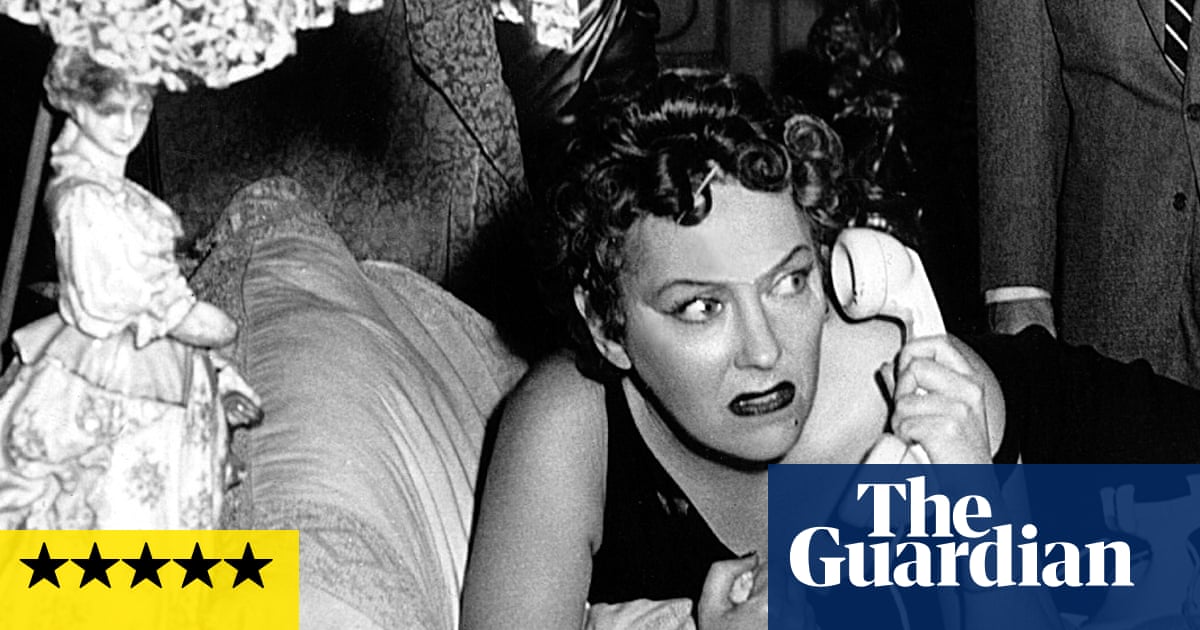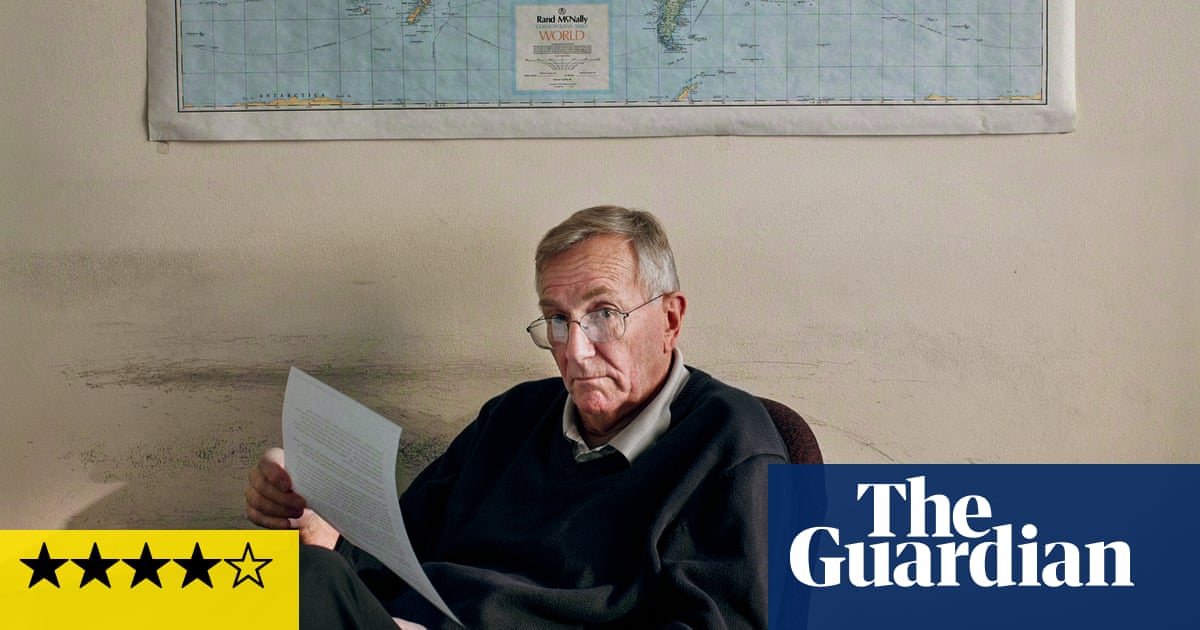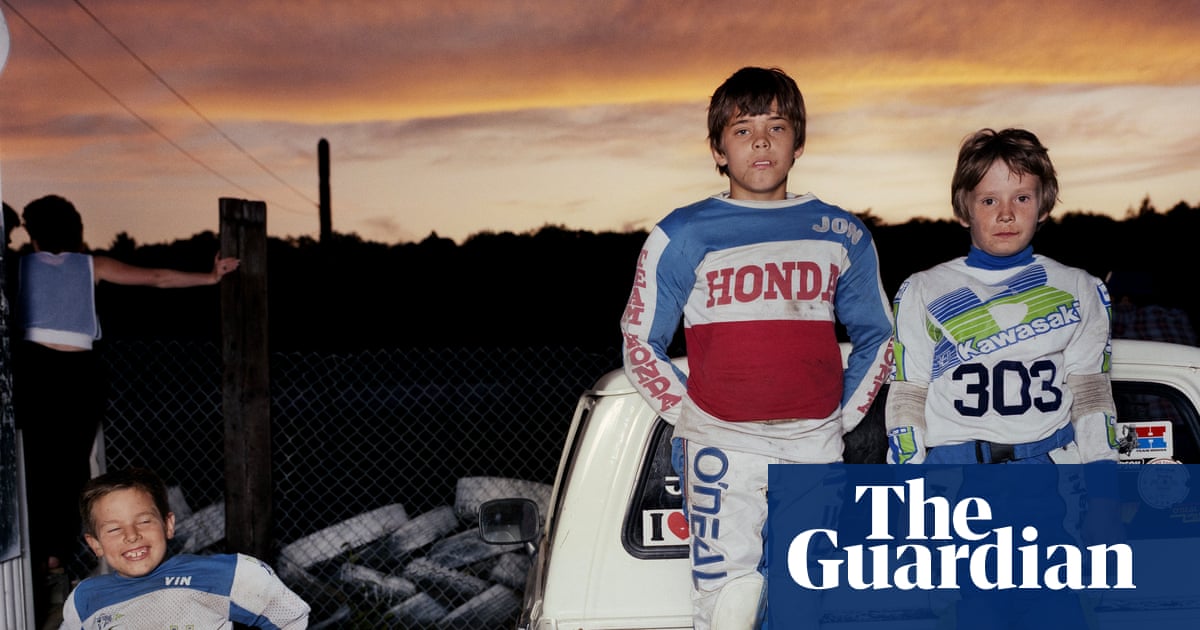It was Sue Rizzello’s husband who persuaded her to see a doctor, concerned about the bloating in her abdomen that was making her more and more uncomfortable. Rizzello, then in her late 40s, had assumed it was menopausal weight gain, but agreed to go to her GP. “A smart locum said, ‘There’s something wrong here’, and sent me for a blood test … And that saved my life.”
It was the worst news: Rizzello had stage 3 ovarian cancer that had begun to spread. She would need to begin chemotherapy immediately and prepare for the complete removal of her uterus, ovaries, fallopian tubes and omentum, a procedure that would put her into immediate menopause.
It was the summer of 2012 and her husband, a chef, was working at one of the Olympic venues in Windsor, near to their then home in Slough. For Rizzello, however, “that whole summer was a blur” of painful treatment, including a clinical trial that was so tough, she was told, that many others had been unable to see it through.
Six months later, the marketing consultant was told her cancer had gone. “But I was never the same. It was massive. It was an earth-shaking experience that really shook my confidence to the core.”
Rizzello, now 60, was lucky, but she does not believe her cancer was just “one of those things” – she believes it was caused by talc.
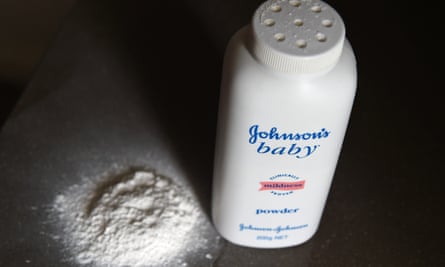
She is one of about 3,000 British-based people – overwhelmingly women – who on Thursday brought a landmark legal action in the high court in London against the pharmaceuticals company Johnson & Johnson, claiming they or a family member contracted cancer after a lifetime using J&J’s baby powder.
Backed by a specialist law firm, the claimants argue that the US-based multinational knew for decades that its talc products might contain dangerous asbestos but failed to warn consumers and carried on selling the products in the UK until 2023.
J&J denies the allegations. A spokesperson for Kenvue, J&J’s former consumer health division that was spun off two years ago, said the talc used in baby powder complied with regulations, did not contain asbestos, and does not cause cancer.
Rizzello says she was in the dark about the origin of her disease, after genetic tests showed she did not carry the BRCA genes that significantly increase the risk of ovarian cancer. “And then I found out about the talc claims, and I thought, hang on.”
“I’ve used talc all my life. I mean, when I was a child, everybody did,” she says, whether after swimming or after a bath. “It was just always there. It was just always something you use.
“I’m totally convinced this was the cause of my own illness, and all the nightmare of treatment and trials that followed.”
J&J has been the subject of long-running lawsuits in the US over similar allegations of cancer links to talc, which it wholly disputes. Two years ago it spun off its consumer health division as Kenvue, which has responsibility for talc-related claims outside the US and Canada.
Kenvue said: “We sympathise deeply with people living with cancer. We understand that they and their families want answers – that’s why the facts are so important.
“The high-quality cosmetic-grade talc that was used in Johnson’s Baby Powder was compliant with any required regulatory standards, did not contain asbestos, and does not cause cancer.”
Two years ago, to mark the 10-year anniversary of being given the all clear, Rizzello asked friends to sponsor her to shave her hair again to raise money for cancer charities, in memory of others with the disease who did not survive. “I felt I really had to do something,” she says. “Many of the women I’ve met along the way had died, and so I always feel like it’s for them as much as it is for me.
“I value some things much more highly than I did before. I think I’ve always dreaded the idea of getting older. I don’t mind getting older now, and I’m so grateful to have a chance to get older.”

.png) 1 month ago
67
1 month ago
67
